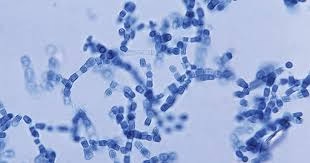
Introduction Coccidioides is a dimorphic fungi that causes coccidioidomycosis, also known as Valley Fever. The disease primarily affects the lungs but can disseminate to other organs in severe cases. There Read More ……..
Simplifying Allied Health Learning.

Introduction Coccidioides is a dimorphic fungi that causes coccidioidomycosis, also known as Valley Fever. The disease primarily affects the lungs but can disseminate to other organs in severe cases. There Read More ……..
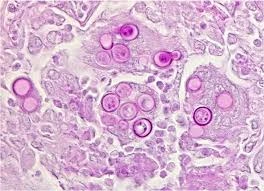
Introduction Blastomyces is a genus of dimorphic fungi that causes blastomycosis, a systemic fungal infection. The primary species causing human disease include: Blastomyces dermatitidis Blastomyces gilchristii Blastomyces helicus (less common, Read More ……..
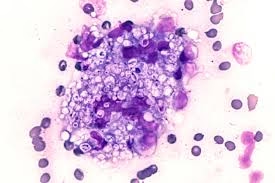
Introduction Histoplasmosis is a systemic fungal infection caused by Histoplasma capsulatum, a dimorphic fungus that can exist as a mold in the environment and as a yeast in human tissues. Read More ……..
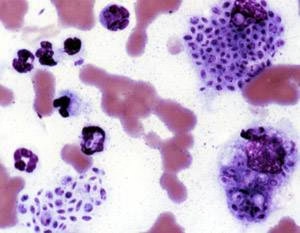
Introduction Sporotrichosis is a fungal infection caused by Sporothrix schenckii, a dimorphic fungus that can infect humans and animals. This infection primarily affects the skin and subcutaneous tissues but can Read More ……..
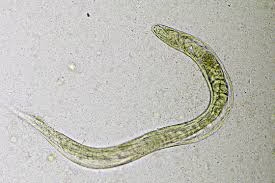
Introduction Medical Helminthology is a branch of parasitology that studies helminths, parasitic worms that cause human diseases. Helminths are multicellular, eukaryotic organisms that belong to several different taxonomic groups. They Read More ……..